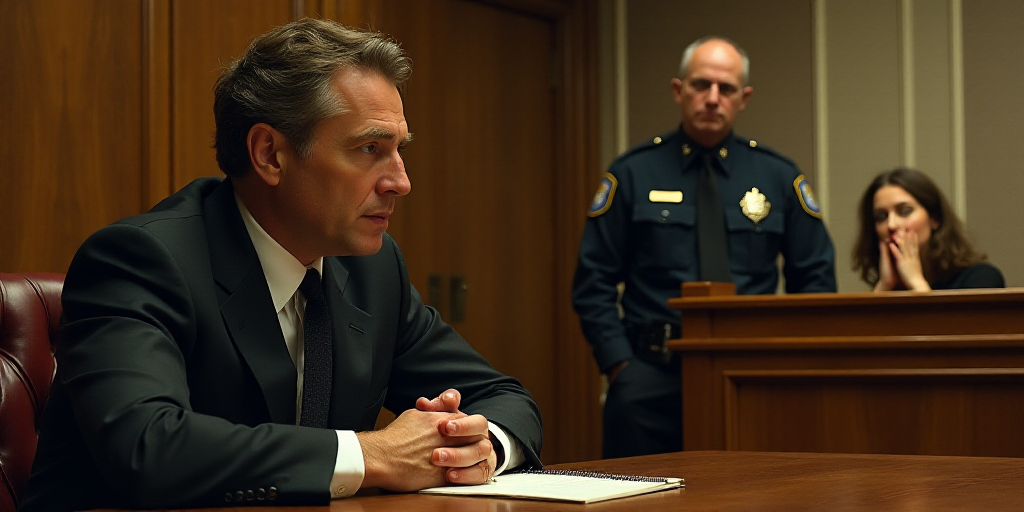Background on Harvey Weinstein and the Charges Against Him
Harvey Weinstein, the influential film producer, is facing a verdict in his rape trial after displaying disagreements and tensions during the third day of deliberations. The 12 jurors must reach a unanimous decision on whether Weinstein, accused by dozens of women since 2017 of being a sexual predator, is guilty of assaulting former production assistant Miriam Haley and model Kaja Sokola in 2006, as well as raping aspiring actress Jessica Mann in 2013.
The co-founder of Miramax Studios, responsible for iconic films like “Pulp Fiction” and numerous box-office hits, was sentenced to 23 years in prison in 2020 for the charges related to Haley and Mann, marking a significant victory for the #MeToo movement.
Jury Deliberations and Tensions
After six weeks of deliberations, the jury appeared divided when they resumed discussions on Monday. The juror requested a private conversation with the judge, alleging that some members were pressuring others to consider Weinstein’s past instead of focusing on the charges at hand. Attorney Arthur Aidala, representing Weinstein, immediately sought to annul the trial, citing a biased jury. However, the judge denied his request.
The jurors also asked the judge to reiterate the full definition of reasonable doubt and the conditions for a unanimous verdict of guilt or innocence, specifically to prevent a hung jury that would lead to another annulment of the trial.
Jury’s Request for Coffee and Ambiance
These developments followed an unsuccessful request by another juror on Friday to be excused from their duties, citing a “high school hallway” atmosphere. In a more lighthearted note, the jurors requested coffee for the following morning in their last communication with the judge.
Testimonies of Alleged Victims
Throughout the deliberations, the three alleged victims testified without concealing their identities, detailing how Weinstein coerced them into sexual encounters in his apartment or a New York hotel room. The defense attempted to discredit them by pointing out inconsistencies in their accounts, ultimately arguing that the encounters were consensual.
Weinstein, currently in custody, is serving an additional 16-year sentence imposed by a California court for sexual assault charges.
Key Questions and Answers
- What is the significance of this trial for Harvey Weinstein? This trial represents a continuation of the legal consequences for Weinstein, who was previously convicted in 2020 for sexually assaulting Miriam Haley and Jessica Mann. The current charges involve additional alleged victims, Kaja Sokola and Jessica Mann.
- Why is jury tension important in this case? Jury tension can impact the trial’s outcome, as a hung jury (no unanimous decision) would result in a mistrial and potentially weaken the prosecution’s case against Weinstein.
- What are the potential outcomes if the jury cannot reach a unanimous decision? If the jury remains deadlocked, the judge may declare a mistrial, which would allow Weinstein to avoid conviction on these charges. The prosecution could then choose to retry the case.
- What is the role of the defense in this trial? The defense aims to cast doubt on the credibility of the alleged victims and their accounts, arguing that any encounters were consensual.
- Why is Weinstein already in custody? Weinstein is currently serving a 23-year sentence for previous sexual assault convictions in New York, as well as an additional 16-year sentence from a California court for separate sexual assault charges.






